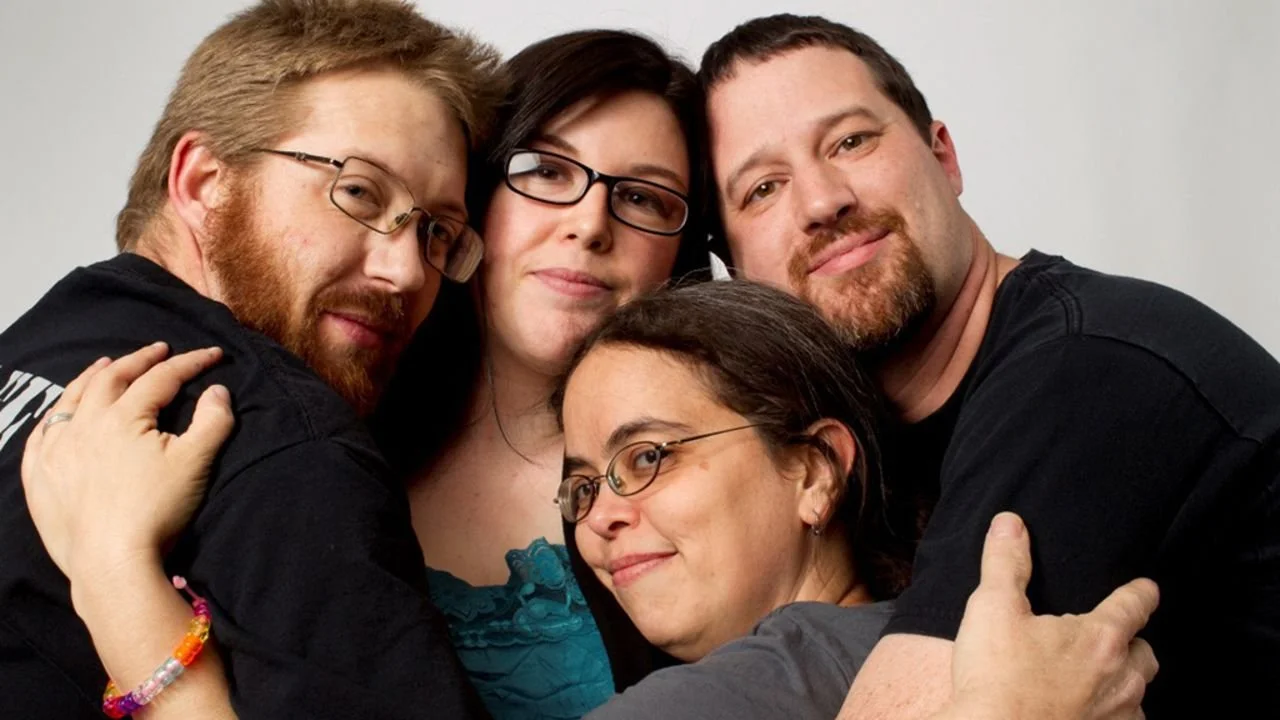
“People don't come to therapy to change the past. They come to therapy to change the future.”
-Milton H. Erickson
“Within each person is the miracle of a unique consciousness unlike any other in the universe.”
Individual
Each individual represents a distinct constellation of experiences, perspectives, values, and ways of engaging with the world. Over time, these elements evolve—sometimes in observable ways, and other times through gradual, less detectable shifts. It is not uncommon for individuals to find themselves moving through life on autopilot, feeling disengaged or disconnected from themselves and others. Frequently, it is a crisis, life transition, or other disruptive event that interrupts this pattern and reawakens awareness of one’s lived experience.
The process of reawakening can be disorienting and emotionally challenging. It also presents critical decision points: whether to avoid or to engage with the issues that arise. When individuals choose to engage, therapy can serve as a structured and supportive space to confront areas of stagnation and to cultivate new, intentional ways of being.
Partnerships
“The happiest partnerships never have the same character. They have the best understanding of their differences”
Regardless of the relationship structure, creating and sustaining meaningful relationships is one of the most challenging—and rewarding—journeys we take. So often our relationships are intertwined with narratives we have about ourselves in relation to others. We project these narratives into our experience, ironically creating our experience through our projections. Sometimes we may need help to disentangle these narratives so that we can arrive at a more accurate version of our reality.
When we can accomplish this difficult task, relationships can hold the potential to foster deep healing and growth. To realize this potential, relationships call on the discipline of honesty, patience, empathy, grit, humility, and intentionality. In therapy* we can work together to create a path that supports your relationship goals.
-
Relationship constellations refer to the many different ways people create, experience, and engage in relationships. This may include monogamous, polyamorous, or open partnerships, as well as blended families and other unique structures.
In our work together, we can explore the challenges that may arise within your relationships, develop strategies for meaningful solutions, and gain insight into patterns and cycles that shape your connections. We will also take time to identify both spoken and unspoken rules or expectations, helping you build more flexibility and satisfaction in your relationships.
-
Infidelity can deeply impact a relationship, often bringing feelings of distrust, conflict, resentment, and disconnection. The experience can create such a profound shift that it may feel like grieving the loss of what the relationship once was. This process takes time, and for some, it may lead to the decision to part ways.
For others, healing involves recovery work—developing a new identity and a new narrative for the relationship. In our work together, I provide support, guidance, and collaboration as you move through these stages and work toward the goals you set for your relationship.
As a Certified Integrative Couples Therapist (IRT) draw from Tammy Nelson’s framework, which outlines a path through the crisis stage, the insight stage, and ultimately toward erotic recovery.
-
In sex therapy, we work together to address concerns related to sexual function, desire, and connection. This may include, but is not limited to, challenges such as low desire, performance anxiety, difficulties communicating about sex, sexual exploration, and mismatched libido. The goal is to create a safe and supportive space where you can better understand your sexual health, improve intimacy, and strengthen your connection with yourself and your partner.
-
Neurodiverse relationships are those in which at least one partner has ADHD, autism, or both. Often, partners may notice differences in how they relate to one another and assume these are due to personality, culture, or upbringing—but they can also stem from neurological differences.
These differences influence both internal experiences and outward behaviors, affecting communication, emotional intimacy, and mutual understanding. Partners in neurodiverse relationships benefit from support, insight, and practical strategies to navigate these differences and strengthen their connection in daily life.
*Kat is in the process of becoming a Sex Therapist with the American Association of Sexuality Educators, Counselors and Therapists (AANE) and with Integrative Sex Therapy Institute. This includes hours of education, consultation, and supervision.









